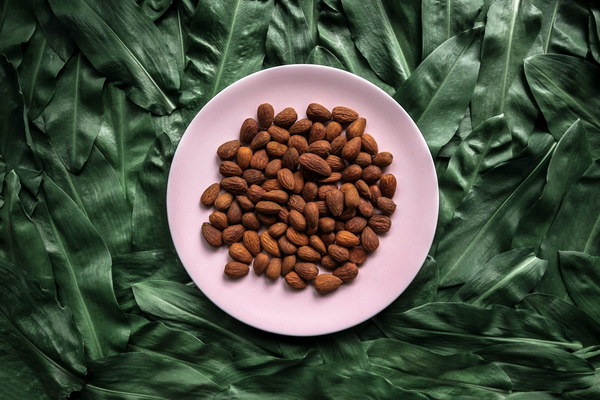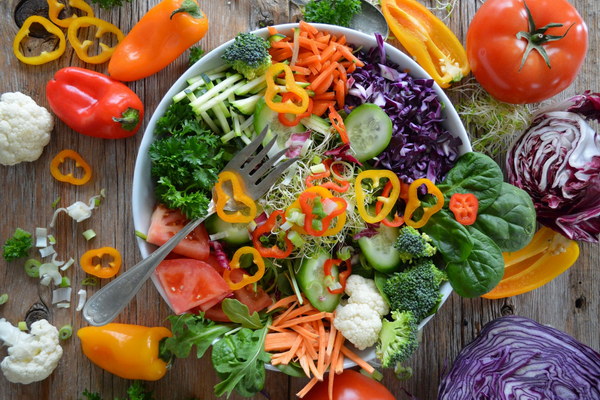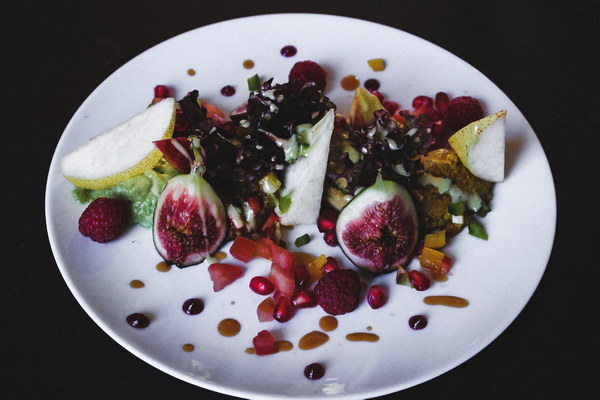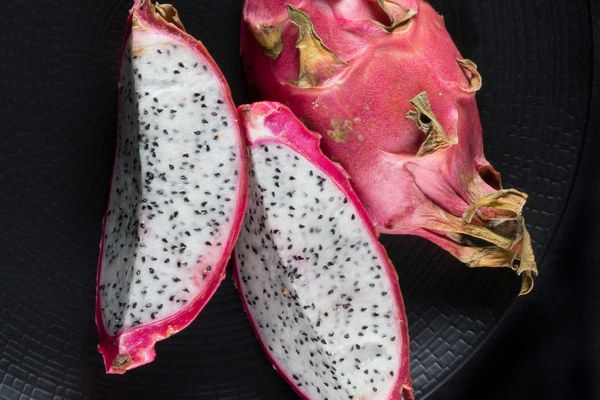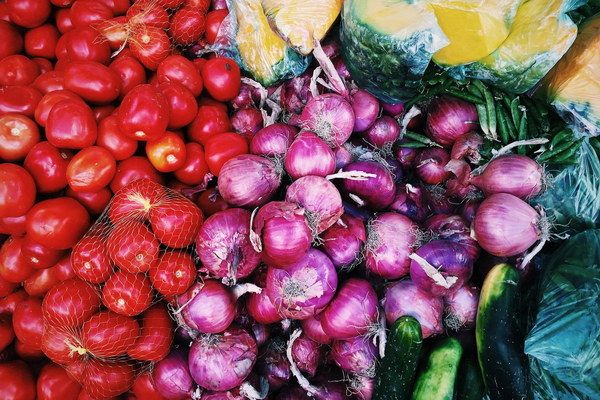Nurturing Baby's Health The Benefits of Traditional Chinese Herbs in Infants' Diet
In the realm of traditional Chinese medicine, there exists a wealth of knowledge that has been passed down through generations. One such aspect of this ancient practice is the use of Chinese herbs to support the health of infants. Incorporating these natural remedies into a baby's diet can provide numerous benefits, promoting growth, development, and overall well-being. Let us delve into the world of traditional Chinese herbs for infants and explore their advantages.
1. Strengthening the Immune System
One of the primary concerns for parents is ensuring that their infants have a robust immune system. Chinese herbs can play a vital role in fortifying the body's defenses. For instance, herbs like Astragalus and Ginseng are known for their immune-boosting properties. By incorporating these herbs into a baby's diet, parents can help reduce the frequency of common illnesses and foster a stronger immune system.
2. Promoting Digestive Health
Infant digestion can sometimes be delicate, leading to issues such as constipation or diarrhea. Traditional Chinese herbs can help regulate the digestive system, ensuring a healthy balance. Herbs like Licorice and Peony are often used to alleviate digestive problems in infants. These natural remedies can help soothe the digestive tract and promote regular bowel movements.
3. Enhancing Growth and Development
Chinese herbs have been traditionally used to promote growth and development in infants. Herbs such as Goji Berry and Codonopsis are believed to enhance overall health and well-being. These herbs can support the baby's growth by providing essential nutrients and supporting organ development.
4. Improving Sleep Quality
Many parents struggle with sleepless nights due to their baby's restlessness. Chinese herbs can help improve sleep quality by promoting relaxation and reducing stress. Herbs like Valerian Root and Chamomile are known for their calming properties. By incorporating these herbs into a baby's diet, parents can create a more peaceful sleep environment for their little ones.
5. Reducing Febrile Convulsions

Febrile convulsions are a common concern for parents during their child's early years. Chinese herbs like Scutellaria baicalensis (Baical Skullcap) and Chrysanthemum can help alleviate fever and reduce the risk of convulsions. By incorporating these herbs into the baby's diet, parents can provide natural relief and support during episodes of fever.
6. Natural Remedies for Common Ailments
Traditional Chinese herbs can be used to address various common ailments in infants. For example, herbs like Mentha (Peppermint) can help alleviate symptoms of colic, while herbs like Elderberry can provide relief for cold and flu symptoms. By using these natural remedies, parents can avoid the potential side effects associated with over-the-counter medications.
Incorporating Chinese herbs into an infant's diet requires caution and guidance from a knowledgeable practitioner. It is essential to consult with a healthcare professional before introducing any herbal remedies to ensure they are safe and appropriate for the baby's specific needs.
In conclusion, traditional Chinese herbs offer a natural and holistic approach to supporting the health and well-being of infants. By promoting a strong immune system, enhancing growth and development, and addressing common ailments, these herbs can provide numerous benefits for both parents and their little ones. However, it is crucial to seek professional advice to ensure the safe and effective use of these natural remedies.


